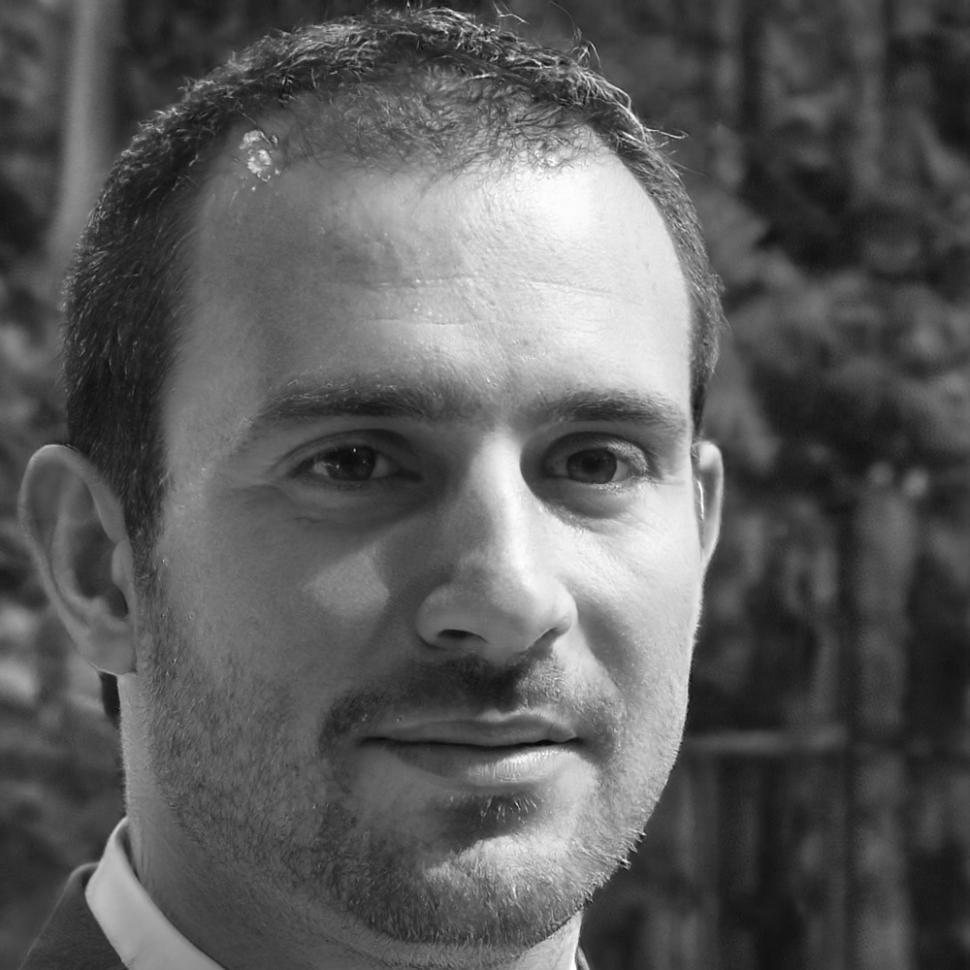Smart Money Habits That Actually Stick
Running a business means you're already juggling twenty things at once. So when it comes to managing your money, you need approaches that work without adding another complicated system to your day.
These aren't theories from textbooks. They're practical methods we've seen work for entrepreneurs across Queensland and beyond—people who started exactly where you are now.

Why Most Budget Plans Fail (And What Works Instead)
I've watched hundreds of entrepreneurs try to budget like big corporations. They create elaborate spreadsheets, set unrealistic targets, then feel defeated when life happens and everything falls apart by week three.
Here's what I've learned: Your budget needs to flex with your business. When you're starting out, income might swing wildly month to month. That's not failure—that's reality for most entrepreneurs.
The approach that actually works? Start with your absolute essentials. Know exactly what you need to keep the doors open. Everything else becomes a layer you add as revenue allows. This way, you're not constantly rewriting your entire financial plan every time something unexpected happens.
And those unexpected things? They will happen. Your supplier raises prices. Equipment breaks down. A client pays late. But when your foundation is solid, these become manageable bumps instead of catastrophes.

Techniques That Make Budgeting Less Painful
Track What Actually Matters
Stop trying to categorize every coffee purchase. Instead, focus on the five expenses that eat most of your budget. For most entrepreneurs, that's rent, payroll, inventory, marketing, and utilities. Watch these like a hawk and let the small stuff sort itself out.
Build Your Safety Buffer First
Before you invest in growth, before you upgrade equipment, get three months of essential expenses saved. Not nice-to-haves. Just the stuff that keeps your business breathing. This changes everything about how you sleep at night.
Separate Business and Personal Money
Sounds obvious, but you'd be surprised. Having distinct accounts forces clarity. You see exactly what your business costs to run and what you can actually pay yourself. No more guessing or accidentally spending next month's rent on groceries.
Review Weekly, Not Monthly
Waiting a whole month to check your numbers means problems get big before you notice them. Spend fifteen minutes every Monday looking at your cash position. Quick check, nothing fancy. You'll catch issues while they're still easy to fix.
Know Your Break-Even Number
Calculate the exact revenue you need each month to cover costs. Write it down somewhere visible. This number becomes your baseline reality check for every decision you make.
Your Monthly Financial Health Check
Run through this list at the end of each month. If you can confidently answer "yes" to most of these, you're in better shape than many established businesses.
Cash Position
Do you know your current bank balance without logging in? Can you cover next month's essentials with what you have now?
Receivables
Are you owed money? If yes, do you have a clear plan to follow up? Outstanding invoices older than 30 days need immediate attention.
Upcoming Bills
What major expenses hit in the next 30 days? Insurance renewals, quarterly taxes, annual subscriptions—nothing should surprise you.
Personal Draw
Did you pay yourself this month? If not, why not? Your business should support you, not just exist as a money pit.
Expense Patterns
Did any category jump significantly compared to last month? Big changes deserve investigation—they're either problems or opportunities.
Revenue Goals
Did you hit your target? If you consistently miss or exceed projections, it's time to adjust those numbers to match reality.
Take Your Financial Skills Further
Ready to move beyond the basics? These resources help you build a more sophisticated approach as your business grows.
Structured Learning
Our comprehensive program starts October 2025. Six months of practical financial management training designed specifically for entrepreneurs who need systems that scale.
Explore the programCommon Questions
Wondering about tax structures, business accounts, or when to hire a bookkeeper? Our FAQ covers the questions we hear most often from entrepreneurs at your stage.
Browse answersPersonal Guidance
Sometimes you need to talk through your specific situation. We're here to help. Whether you're just starting or hitting a growth wall, let's figure out what makes sense for your business.
Get in touch